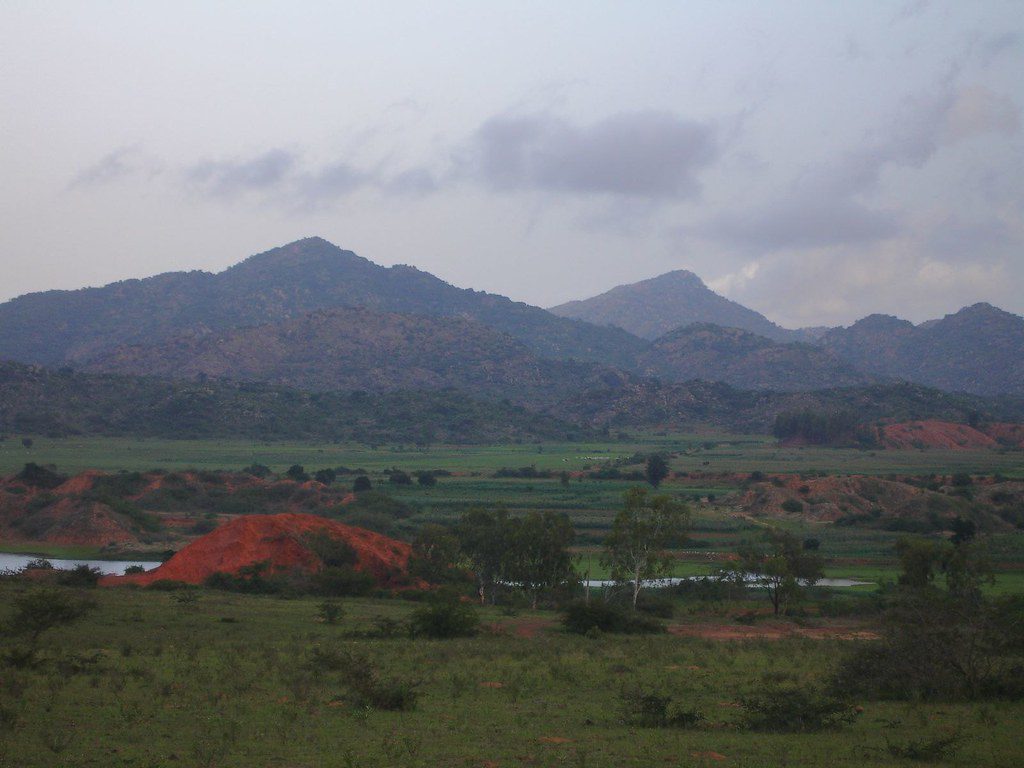Nigeria to require mining firms to invest in domestic processing

Nigeria is toughening up licensing rules for foreign mining companies to push them to boost processing and refining of metals like lithium and zinc within the country, its minister of mines said on Tuesday.
The policy announced by Dele Alake at a Nigeria Mining Week event in the capital Abuja will require mining companies to show business plans for so-called “value addition” before they are granted licences.
Alake said that the move is essential to help create jobs. “I am glad to mention that such an initiative is already on stream as some companies have already commenced operations in Nigeria,” he said.
The minister referenced Ganfeng Lithium Industry Ltd, a Chinese company that is building a lithium processing plant in the central Nasarawa state, as an example of the type of investment the government is looking for.
The plant will process about 18,000 tons of lithium ore per day to manufacture batteries for electric vehicles, he said.
Nigeria is seeking to woo investors to a mining sector that has long been underdeveloped, contributing less than 1% to the country’s gross domestic product.
Africa’s top oil producer, which is also rich in gold, limestone and zinc, wants its mining industry to play a much bigger role in its effort to diversify the economy away from its reliance on oil.
Alake said the mining industry is been modernized and the government is investing in data collection, spending more than 15 billion naira ($19.6 million) over seven years to generate mineral data through a National Integrated Mineral Exploration Project (NIMEP).
“The preliminary reports from this project have unravelled massive discoveries which have literally put Nigeria on the world map of lithium-rich countries,” he said.
Last month, Nigeria announced plans to start a state-backed company to help attract investments for the extraction of gold, coal, iron ore, baryte, lead, bitumen and limestone.
($1 = 764.9300 naira)
(By Camillus Eboh and Elisha Bala-Gbogbo)
{{ commodity.name }}
{{ post.title }}
{{ post.date }}




Comments